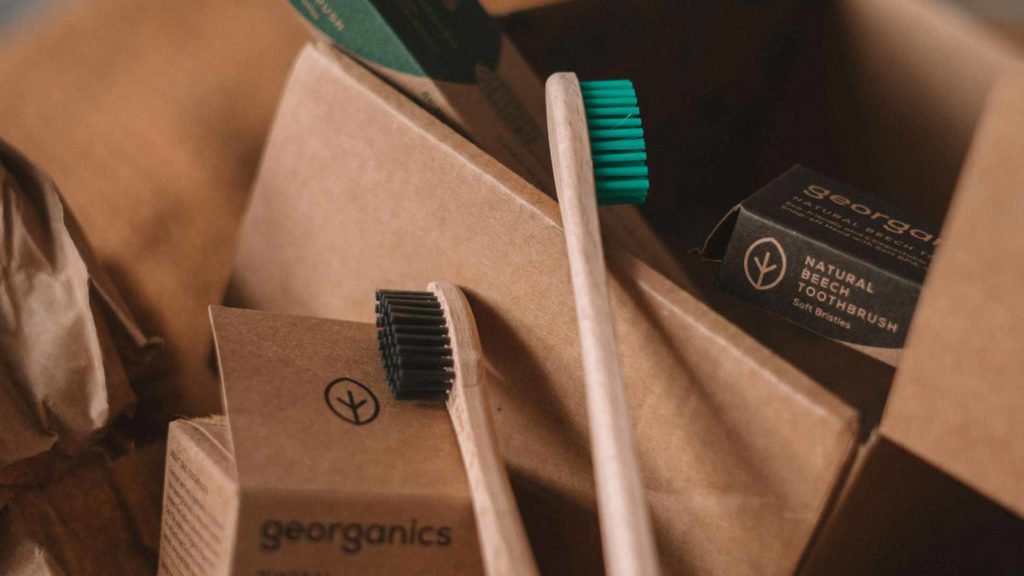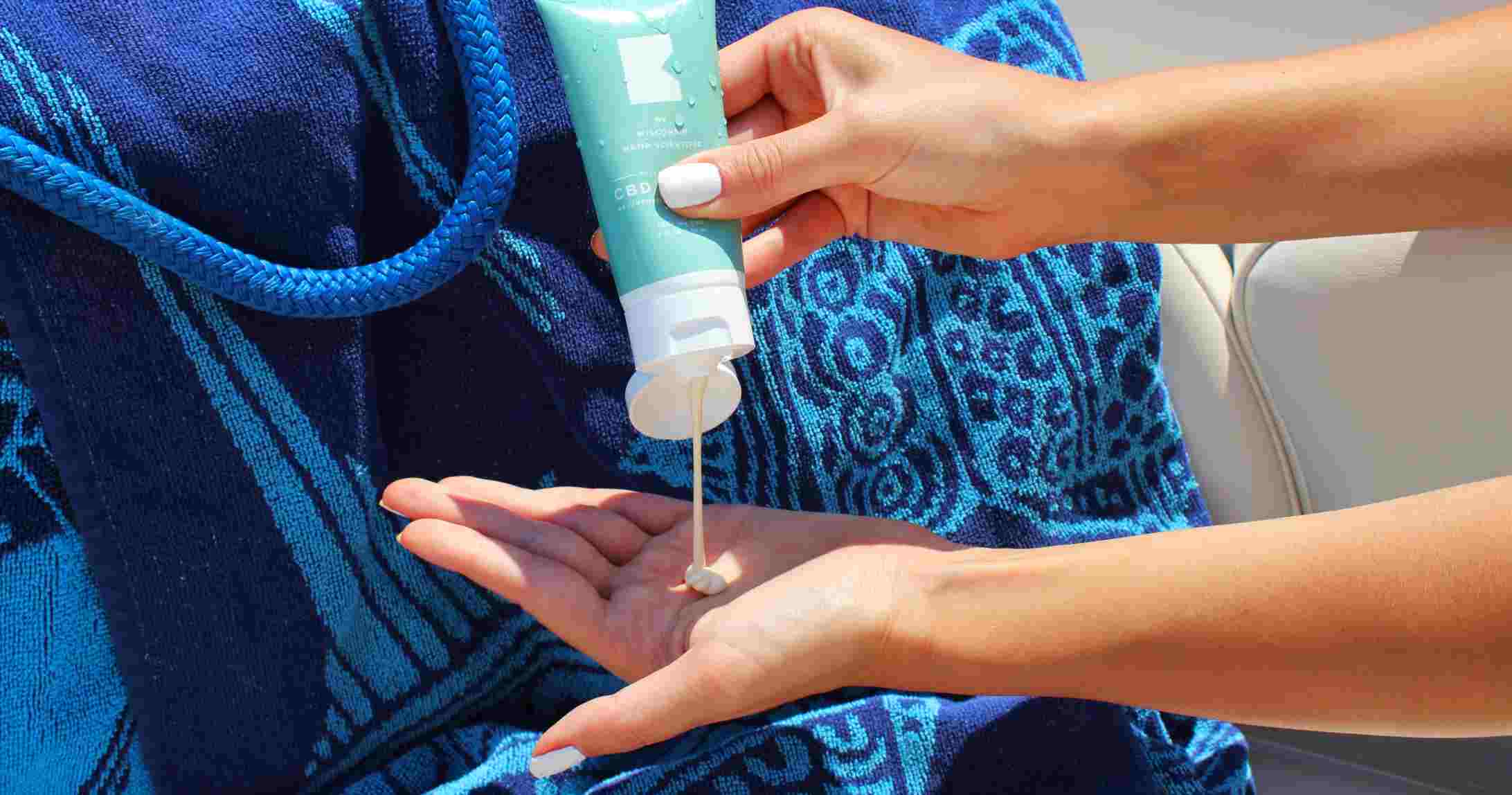Is ESG-driven Formulation the Future for Cosmetic Brands?
Europe has set ambitious goals to meet the UN Sustainable Development Goals (SDGs), known as the ‘2030 Agenda’. Following the Covid pandemic, the EU released a Communication called the ‘European Green Deal’ to address climate change and transition to a sustainable economic system.
Since then, several legal texts have shaped the framework to support this sustainability objective, including:
- Regulation (EU) 2021/1119 (European Climate Law)
- Directive (EU) 2022/2464 (CSRD – Corporate Sustainability Reporting Directive)
- Regulation (EU) 2023/2772 (ESRS – Sustainability Reporting Standards)
- Regulation (EU) 2024/1781 (ESPR – Ecodesign Requirements for Sustainable Products)
However, the European Union’s pursuit of a healthier climate and economic system is not the only driver of the shift toward more sustainable cosmetics. Consumers are increasingly choosing products that are greener, cleaner, safer, and more ethical.
The Digital Product Passport: Why Transparency Matters
Within the context of the ESPR, the concept of a Digital Product Passport (DPP) has emerged. Although cosmetics are not yet subject to this requirement, they are likely to be in the short to mid-term.
This passport will take into account the following aspects of a product:
- durability;
- reliability;
- reusability;
- upgradability;
- repairability;
- the possibility of maintenance and refurbishment;
- the presence of substances of concern;
- energy use and energy efficiency;
- water use and water efficiency;
- resource use and resource efficiency;
- recycled content;
- the possibility of remanufacturing;
- recyclability;
- the possibility of the recovery of materials;
- environmental impacts, including carbon footprint and environmental footprint;
- expected generation of waste.
Cosmetic brands, formulators, and manufacturers must start considering these aspects now when developing new products, to avoid being unprepared when the DPP eventually applies to cosmetics.
Upcoming Legal Frameworks Set to Impact Cosmetics
Regulation (EU) 2024/1991 on nature restoration was adopted in June 2024 to support the EU Biodiversity Strategy for 2030. This strategy aims to put Europe’s biodiversity on the path to recovery by 2030, benefiting people, the planet, the climate, and the economy.
It is well understood that preserving biodiversity and tackling climate change go hand in hand. Without action, the loss of plant and animal species will affect the availability and diversity of cosmetic ingredients. Cosmetic brands must therefore prioritise biodiversity preservation starting today.
Regulation (EU) 2023/1115, known as the EU Deforestation Regulation (EUDR), also seeks to promote more sustainable, deforestation-free products.
Cosmetic ingredients sourced from cocoa, coffee, palm oil, and soybeans fall within the scope of this regulation. Refer to our article on the EU deforestation regulation for a detailed overview of the EUDR’s implications.
Regulation (EU) 2023/2055 introduces an amendment to Annex XVII of the REACH Regulation regarding synthetic polymer microparticles (microplastics).
Although the deadlines for implementation are still some way off, early consideration is essential to help protect both human health and the environment.
Sustainable Packaging: A Crucial Step for Sustainable Cosmetics

Another important regulation, the Packaging and Packaging Waste Regulation (PPWR) (Regulation (EU) 2025/40), adopted on 19 December 2024, presents a significant challenge for cosmetic brands.
This regulation strengthens the essential requirements for packaging, aiming to ensure that all packaging is either reusable or recyclable by 2030. Part of the EU Action Plan ‘Towards Zero Pollution for Air, Water and Soil’, the PPWR sets clear targets for packaging suppliers to meet.
An increasing number of suppliers are working toward the zero-waste goal. One such example is Ocean Waste Plastic, a Denmark-based company that recognises the difficulties cosmetic brands face when choosing packaging suppliers under growing regulatory and consumer pressures.
Ocean Waste Plastic offers a circular packaging solution, using plastic collected from oceans and rivers to produce more sustainable packaging.
Taobé Partners for a More Sustainable Future
Given that Europe sets some of the highest regulatory and safety standards for cosmetics, it’s no surprise that its environmental and sustainability targets are equally ambitious. As advisors, we are committed to partnering with organisations already offering forward-thinking, effective solutions.
GaleniForm is a laboratory specialising in ecoformulations, delivering customised, innovative formulas that respect both biodiversity and the environment. When combined with Toxi Plan’s eToxiSafe solution, the result is truly sustainable cosmetics.
If sustainability matters to you, and you’re interested in exploring Taobé’s solutions, we’d love to hear from you. Looking for more sustainable alternatives to your current ingredients or formulations?
Let’s get in touch—because we must start today to create the world we want to live in tomorrow.



